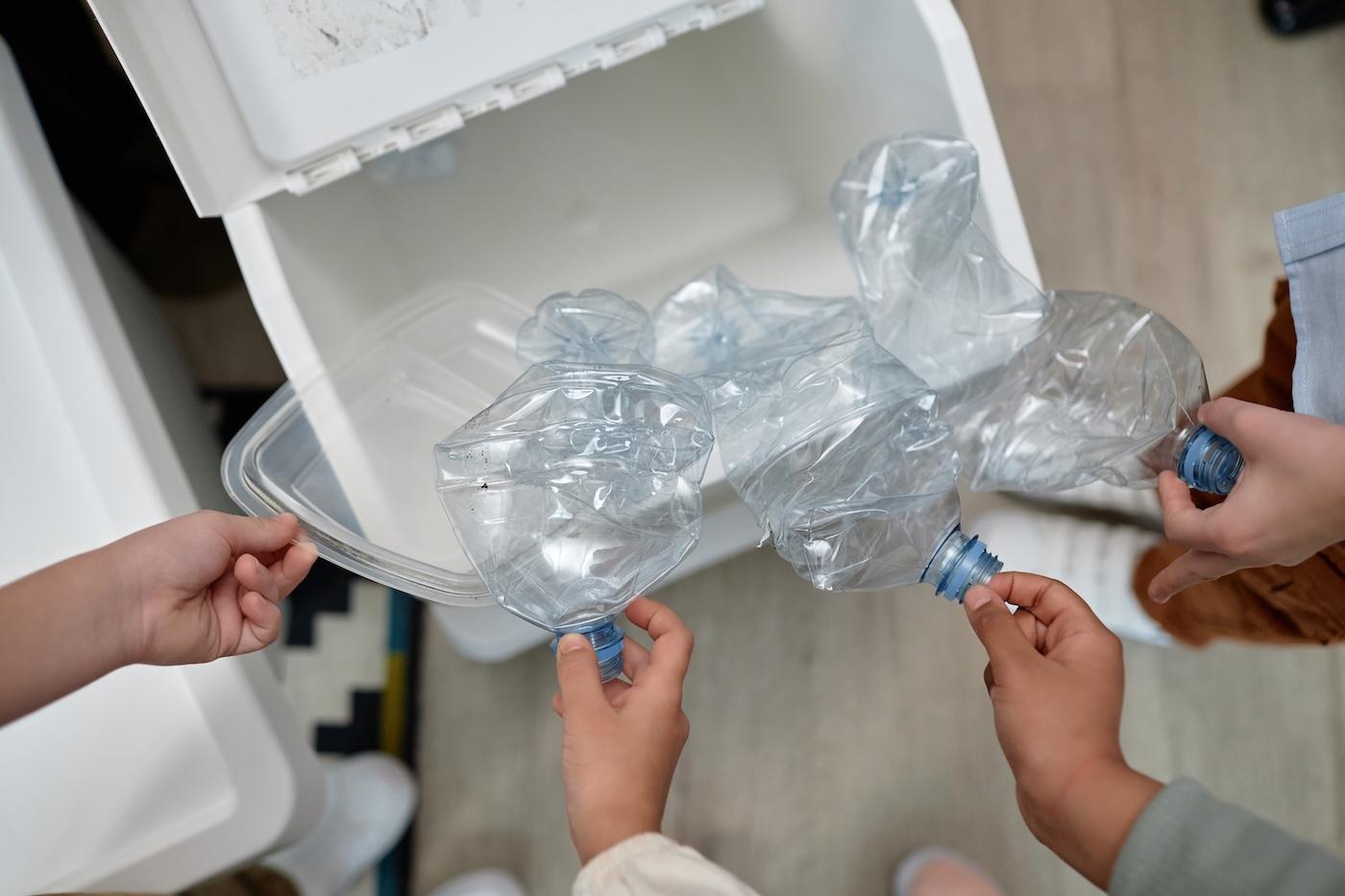PARENTS
6 Ways to Baby-Proof Your Relationship
Babies change everything—but these tips will help you stay connected!

Written by
Happiest Baby Staff

Even couples with rock-solid communication can feel rattled by the shift that comes with expecting a baby. One moment you’re deciding what to binge on Netflix; the next, you’re debating bottle sterilizers, sleep training, and whose turn it is to fold the impossibly tiny laundry.
Alas, preparing for a new baby isn’t all nurseries and name lists, it also means navigating some serious relationship growing pains. Experts say this transition often brings to light hidden emotional landmines that can catch couples off guard. But with a little foresight (and a lot of grace), you can protect your connection and even grow closer through it all.
1. Put communication on the calendar
Pregnancy brings a flurry of baby-related tasks that can make it easy to let emotional check-ins tumble down your to-do list.
But Dr. John Gottman, a renowned relationship researcher, emphasizes the importance of regularly engaging in what he calls “stress-reducing conversations”—intentional check-ins where couples discuss everyday worries and listen empathetically without jumping into problem-solving. “Understanding must precede advice,” he urges.
Try this: Dedicate 10 to 15 minutes daily to talk about something non-baby-related. The goal isn’t to fix problems, it’s to connect and support.
2. Talk about how you were parent-ed.
How we were raised influences how we show up in relationships—and how we approach parenting. That’s why it’s helpful to explore your childhood experiences together before the baby arrives.
Licensed therapist and best-selling author Nedra Glover Tawwab notes that unexamined personal history can impact adult relationships and parenting dynamics. In her book Set Boundaries, Find Peace, she explores how self-awareness and boundary-setting are key to healthy interactions.
Try this: Talk about how you were disciplined, comforted, and supported growing up. Identify what parenting patterns you want to repeat—and which ones you’d rather leave behind.
3. Rebalance the load…before the baby comes.
Many new parents experience stress from shifting responsibilities. Adapting to parenthood often brings challenges around dividing household and childcare duties. Left unaddressed, this can lead to burnout and stress that can strain even the strongest relationships, according to the American Psychological Association.
Try this: Before the baby arrives, discuss roles and expectations. Who’s handling night feedings? Laundry? Pediatrician visits? Revisit the plan regularly—flexibility is key as your routines evolve. Read more on anticipating and managing the mental load of parenthood.
4. Reframe conflict as a team sport.
Conflict is a normal part of relationships, but it’s how you handle it that matters. Drs. John and Julie Gottman describe four communication behaviors—criticism, contempt, defensiveness, and stonewalling—as the “Four Horsemen” that predict relationship trouble. They recommend using “soft startups”—gentle, respectful ways to begin difficult conversations—and shifting from blame to teamwork.
“The way couples begin a discussion about a problem—how you present an issue and how your partner responds to you—is absolutely critical,” they stress in their work.
Try this: Instead of “You never help with the baby,” try “I’m feeling overwhelmed and could really use your support right now.” This opens the door to collaboration.
5. Protect couple-time.
Between feeding schedules and nap traps, it can be hard to prioritize romance. But staying connected is essential. In a longitudinal study, researchers found that the transition to parenthood often leads to decreased relationship satisfaction over time, particularly when couples don’t maintain their connection.
Try this: Create “micro-moments of connection”—small but meaningful gestures like holding hands, sharing compliments, or laughing at an inside joke. (Peep ways to connect with your partner after bedtime.)
6. Know when (and where) you can find help.
If things feel tense or off-track, reaching out to a couples counselor—especially one trained in perinatal mental health—can be a game-changer. Therapy isn’t just for crises; it’s a proactive tool for strengthening your relationship foundation.
Remember, you’re on same team!
Welcoming a baby is a huge new chapter! Of course it’ll be overwhelming, but you can look at it as an opportunity to deepen your bond, too. With a little teamwork, intentional communication, and mutual support, you and your partner can grow not just as parents, but as people who truly have each other’s backs.
For more help preparing for this transition, check out our Postpartum Mental Wellness Toolkit, which is full of tangible exercises and steps you can take to weather this upcoming change.
***
REFERENCES
- How to Have a Stress-Reducing Conversation, The Gottman Institute
- Set Boundaries, Find Peace, Nedra Glover Tawwab
- Parental Burnout, American Psychological Association
- The Four Horsemen & the Antidotes, The Gottman Institute
- Becoming a Parent Increases Meaning in Life but Reduces Happiness, Journal of Personality and Social Psychology, April 2009
Disclaimer: The information on our site is NOT medical advice for any specific person or condition. It is only meant as general information. If you have any medical questions and concerns about your child or yourself, please contact your health provider.
SHARE THIS ARTICLE
MOST LOVED
Sleepytime Sidekicks












